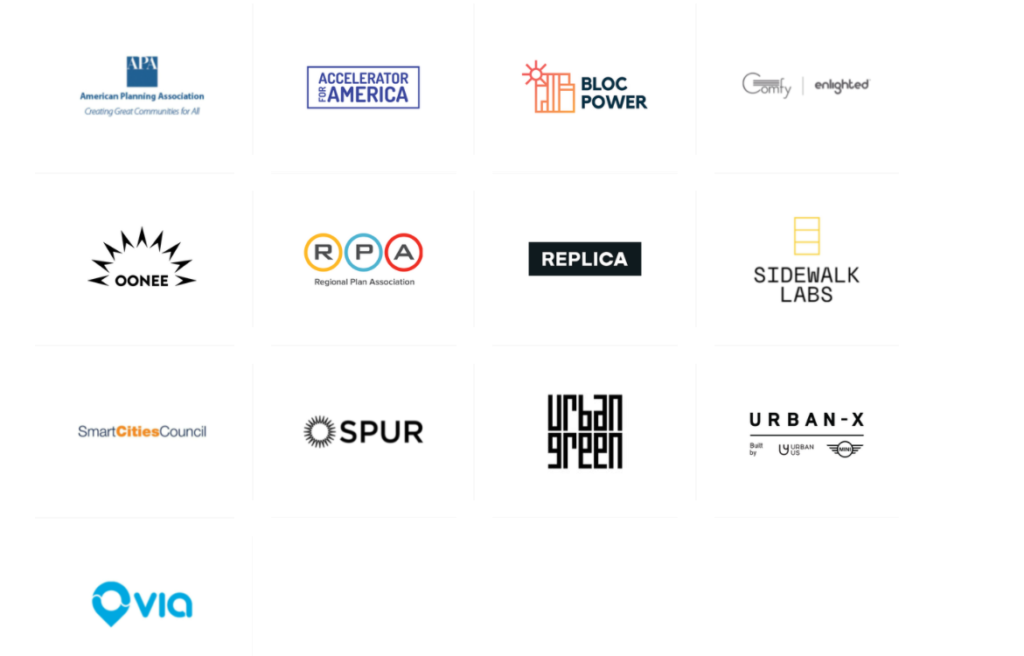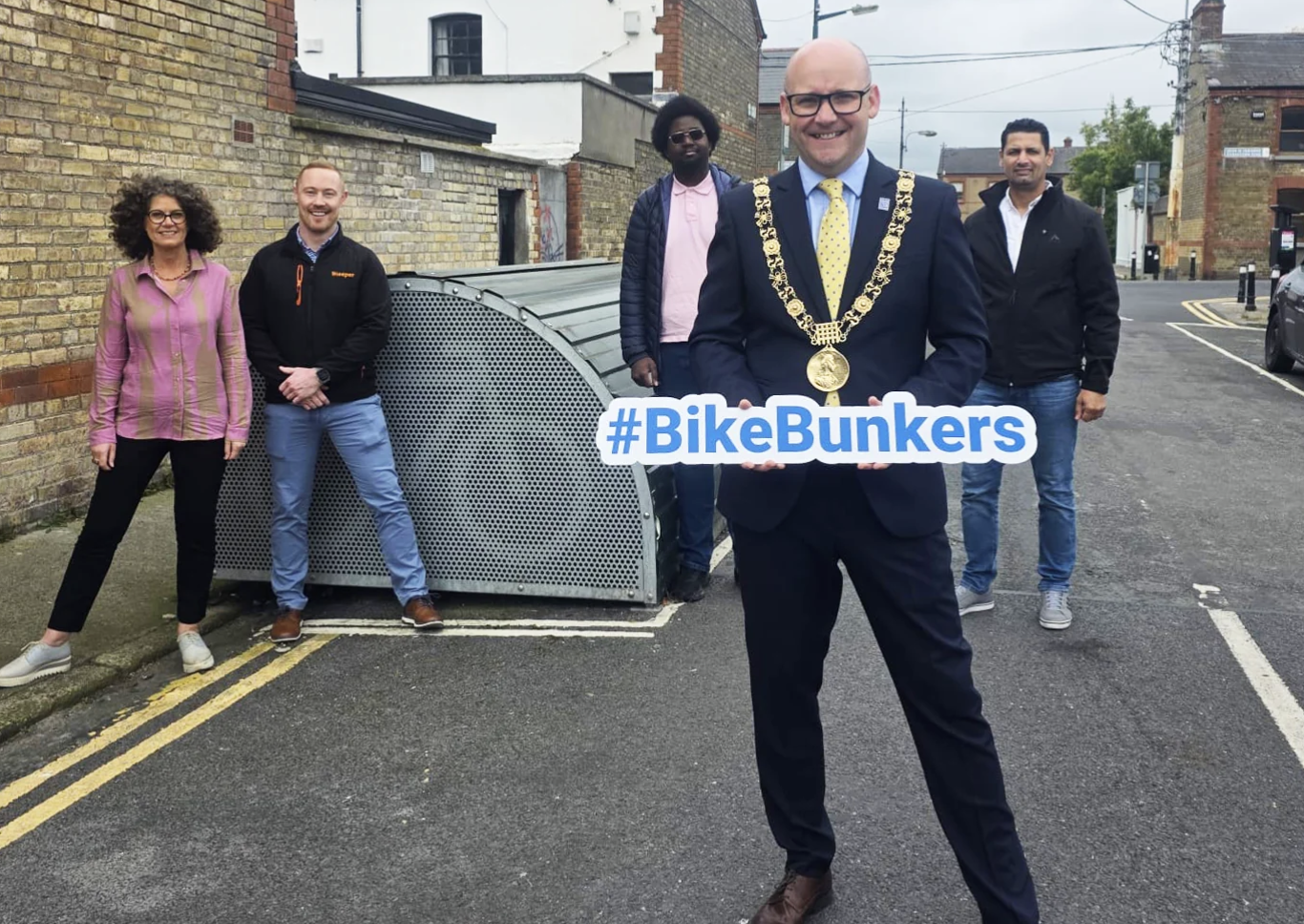
Photo: Panom Bounak | Dreamstime.com
New urban tech coalition weighs in on US infrastructure plan
29 July 2021
by Sarah Wray
As President Biden’s flagship infrastructure bill advances, over a dozen organisations have established the cross-sector Coalition for Urban Innovation, calling for greater federal support for the adoption of emerging and advanced technologies in cities.
This includes data and artificial intelligence (AI) and new solutions for buildings, mobility and energy.
The founding members include Sidewalk Labs, Smart Cities Council, Accelerator for America and Via Transportation. They are urging federal and local government leaders to look to the “cutting edge of what is possible” as infrastructure is upgraded.
The group will advocate for enhanced federal investments, coordination, research and technical support to “ensure urban innovation is prioritised in infrastructure spending to make our cities more sustainable and equitable”.

“Unique voice”
Urbanist Richard Florida and Bruce Katz of Nowak Metro Finance Lab and Drexel University are among the advisory board members.
“The Coalition will provide a unique voice in the infrastructure debate, calling not just for badly needed funding for cities and urban areas but also for mobilising federal support for new innovations and technologies that will help tackle climate change and equity challenges,” said Florida, who is Professor at the University of Toronto and author of several books, including The Rise of the Creative Class.
“Addressing the climate crisis is impossible without making our cities more efficient and resilient, nor can we address rising inequality or accelerate economic mobility if our urban economic engines are not hitting on all cylinders or remain inaccessible. The federal government has a key role to play in spurring new investments and innovations that can forge a better urban future for all.”
A statement from the group said that the major systems cities rely on to operate and deliver services have not changed since the Second World War.
Historic deal
Last night, the US Senate voted to begin work on the Bipartisan Infrastructure Deal as agreement was reached on the major components of the package. In total, the deal includes US$550 billion in new federal investment.
President Biden called it: “The most significant long-term investment in our infrastructure and competitiveness in nearly a century.”
The proposal includes US$110 billion for roads and bridges, US$73 billion for modernising the nation’s electric grid and increasing the use of renewable energy, US$65 billion to expand broadband access, US$50 billion for resilience, and US$39 billion for public transit.
Several areas were scaled back from the original proposal or left out, including the buildings and innovation R&D components. The electric vehicle measures shrank from US$174 billion to US$15 billion.
Founders
Daniel Doctoroff, CEO & Founder of Sidewalk Labs, said the Coalition would work together “to make sure that focused investments and policies to promote and support the development and integration of urban technologies are not pushed to the periphery of the infrastructure debate.” Last year, Sidewalk Labs walked away from the controversial project to create a smart neighbourhood in a disused area of Toronto’s Quayside district, citing “unprecedented economic uncertainty”. The Alphabet-owned company has since focused on verticals, launching products such as a smart parking sensor and building automation tool.
Sidewalk Labs spinout Replica is also a founding member of the Coalition, as well as the American Planning Association; BlocPower; Comfy | Enlighted; Oonee; SPUR; The Regional Plan Association; Urban Green Council; and URBAN-X.
The advisory board also includes Rohit Aggarwala, Closed Loop Partners and Cornell Tech; Story Bellows, CityFi; Mark Gorenberg, Zetta Venture Partners; Kiran Jain, Replica; and Shabazz Stuart, Oonee.

Legislation
A separate bill that is underway shares some of the goals of the Coalition.
In May, Representatives Suzan DelBene and Yvette D. Clarke reintroduced the Smart Cities and Communities Act for the third time, after it failed in 2017 and 2019. The Bill proposes US$1.1 billion in federal spending over five years to promote the use of smart city technologies and enhance federal coordination of these programmes to ensure greater effectiveness and better return on investment.
DelBene told Cities Today that she was hopeful the legislation will pass this time due to the renewed national focus on infrastructure.











